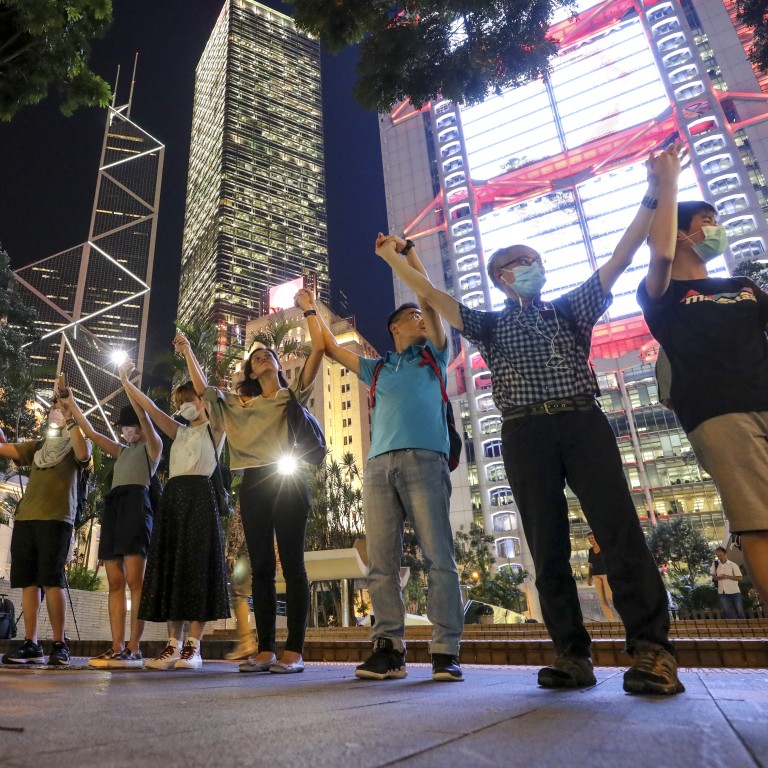
Letters | Camaraderie inspired by Hong Kong protests should extend to all and continue even after the movement dies down
- Hong Kong protesters’ sense of solidarity, while admirable, is built on the existence of a ‘common enemy’. Can love and care be extended to those we disagree with?
Our day-to-day busyness drowns our shared, deep yearning for a sense of belonging and companionship, and our desire to be liked. The recent movement, with a common goal and a common “enemy”, brought strangers together. If anything, this movement shows us that we are capable of taking care of each other, even strangers. This “love” we feel when we march together in solidarity reinforces our action and our action further reinforces that sense of solidarity, however circumstantial.
But for how long will this love last? Most Hongkongers don’t wish to see the chaos sustain too much longer. When the movement comes to an end, how will we feel and behave? Will we regress back to our usual routines and apathy? Will we start to feel empty and lonely again?
Or will we vow to continue to show the same level of care, support, and love to one another, even when there is no longer an obvious common “enemy” to fight against? Even more challenging, can we extend this love to those we disagree with?
Yumana Lau and Christian Chan, Pok Fu Lam

